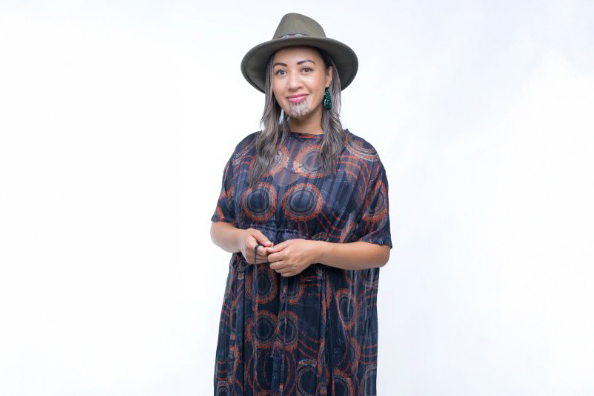Renowned navigator, environmentalist and waka tradition revivalist Hoturoa Barclay-Kerr is on yet another maritime mission.
Te Wānanga o Aotearoa is traversing new waters next year by offering two new programmes in waka with Hoturoa at the helm of one of them.
The programmes are being launched on Friday at the 2016 Te Wānanga o Aotearoa Long Distance Nationals to be held in Tauranga.
The first, the Level 4 programme Certificate in Waka focuses on waka ama and waka kōpapa and tauira who take the course will be ready for high levels of waka ama sprint competition upon completion.
The programme also prepares tauira for the more advanced Level 5 Diploma in Waka programme, which is the first of its kind offered in New Zealand.
Hoturoa is overseeing the tikanga aspect of the diploma programme, which not only readies its tauira for long-distance waka ama paddling but voyaging the open seas on waka hourua.
At the vanguard of the revitalisation of waka knowledge for nearly 30 years, Hoturoa said it was exciting to be involved with the programme at a time when there is a growing acceptance and understanding of indigenous maritime practices, including those that made Māori among the world’s most-renowned seafarers.
“For the last couple of hundred years there’s been a belief that western science and knowledge was the best thing you could have and it’s only lately that people are understanding that indigenous wisdom and knowledge and all the things we did in terms of things like agriculture and environmental care actually make a lot of sense.”
“There’s a slow acceptance that this traditional knowledge - and not just traditional Māori knowledge - around the world can actually provide quite powerful solutions to modern-day problems.”
Hoturoa said his involvement with the programmes with TWoA made sense as the tertiary organisation had long seen the value in maintaining mātauranga Māori.
“Te Wānanga o Aotearoa had invested time and effort into acquiring waka and they had researched this enough to not just say 'let’s run a waka programme'.”
“It’s all well and good to teach about waka but to have the platform to do some of the practical learning is often something that a lot of other places don’t supply or consider.”
Both waka programmes offer practical components designed to help learners increase their understanding of subjects such as navigation, how to interpret weather patterns at sea and the kōrero surrounding the different waka that brought the migrations from across the Pacific to Aotearoa.
There’s also a tikanga, te reo Māori and whakapapa aspect to each programme.
“What tauira will find on these programmes is that there’s a lot of practical stuff, it’s not just paddling. So there’s a focus on water safety, there are different levels of accreditation for understanding navigation and learning about the weather.”
“And once you dig into it you start learning around the waka kōrero around whoever you might be. Often people will say 'I come from such and such a waka' and you ask them what that means and they say 'I don’t really know'. So we’ll send them off to learn about these things and suddenly more information from that research starts to come through for them.”
Tauira will also gain an understanding of waka engineering and dynamics, why waka hull shapes are designed in certain ways and tested for different types of performance and how the wind affects what waka hourua do.
“There’s actually quite a lot of science around what we do and it’s not as simple as people may tend to believe or think. I think people will be challenged. To be able to do this isn’t just a matter of a paddle down the river or standing on the deck of a canoe going across the harbour. There’s actually quite a lot to it.”
Further educational waka pathways for TWoA tauira are intended in the future.
Hoturoa believes these developments could lead a “recovery of understanding” in waka traditions.
“There’s a lot of research potential with waka for our people to get involved in a lot of kōrero.”
“Any kind of waka activity heightens your perception of what is happening in the environment so if people are encouraged in to these areas and this type of kaupapa then we should encourage people to look further afield and not just go for a paddle.”




































